Flax: a resource like no other
NON-RELOCALIZABLE

The only textile plant fiber originating from the continent , linen is a European exception.
A local crop par excellence, its fields are located mainly from the south of Normandy to the north of France , as far as Belgium and the Netherlands. With 85% of scutched flax fibres, Europe is the world's leading producer. A naturally humid oceanic climate, silty soils and ancestral know-how reserve Europe from the relocation of its cultivation as well as the extraction of its fibre: a context that guarantees quality, productivity and naturalness. "Attached to the land but open to the world", such is the common thread of the history of flax in Europe where the hands of men - those of the farmer and the scutcher - act in harmony!
ECO-RESPONSIBLE

Flax cultivation has a minimal environmental footprint and requires no irrigation except natural irrigation with rainwater. A rotational crop, it requires very few inputs and stores carbon up to 3.7 T/ha each year. The 90,000 ha* of flax cultivated in Europe thus avoid 342,000 tonnes of greenhouse gas emissions! Exploitable down to its roots, flax produces no waste: long fibres, short fibres, seeds and shives, everything in the plant is used.
* Calculations based on the average of the 2004/2011 harvests in France, Belgium and the Netherlands.
Sources CIPALIN (FR), ABV (BE), CV (NL) . “Flax and hemp cultivation have positive effects on the diversity of agricultural ecosystems and landscapes … and offer a healthy break for soil quality.”
=> Report from the Commission to the Council and the European Parliament, Brussels, 2008.
ECO-FINISHING

Linen places ecological finishings at the heart of new exclusive developments: low impact dyes, crease-resistant treatment, softening washes, enzyme washes, use of new processes that save water and energy, etc.
A linen that is firmly in line with responsible values and favors the GOTS or Oekotex labels.
=>source Flax from France
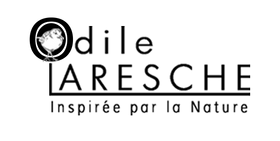


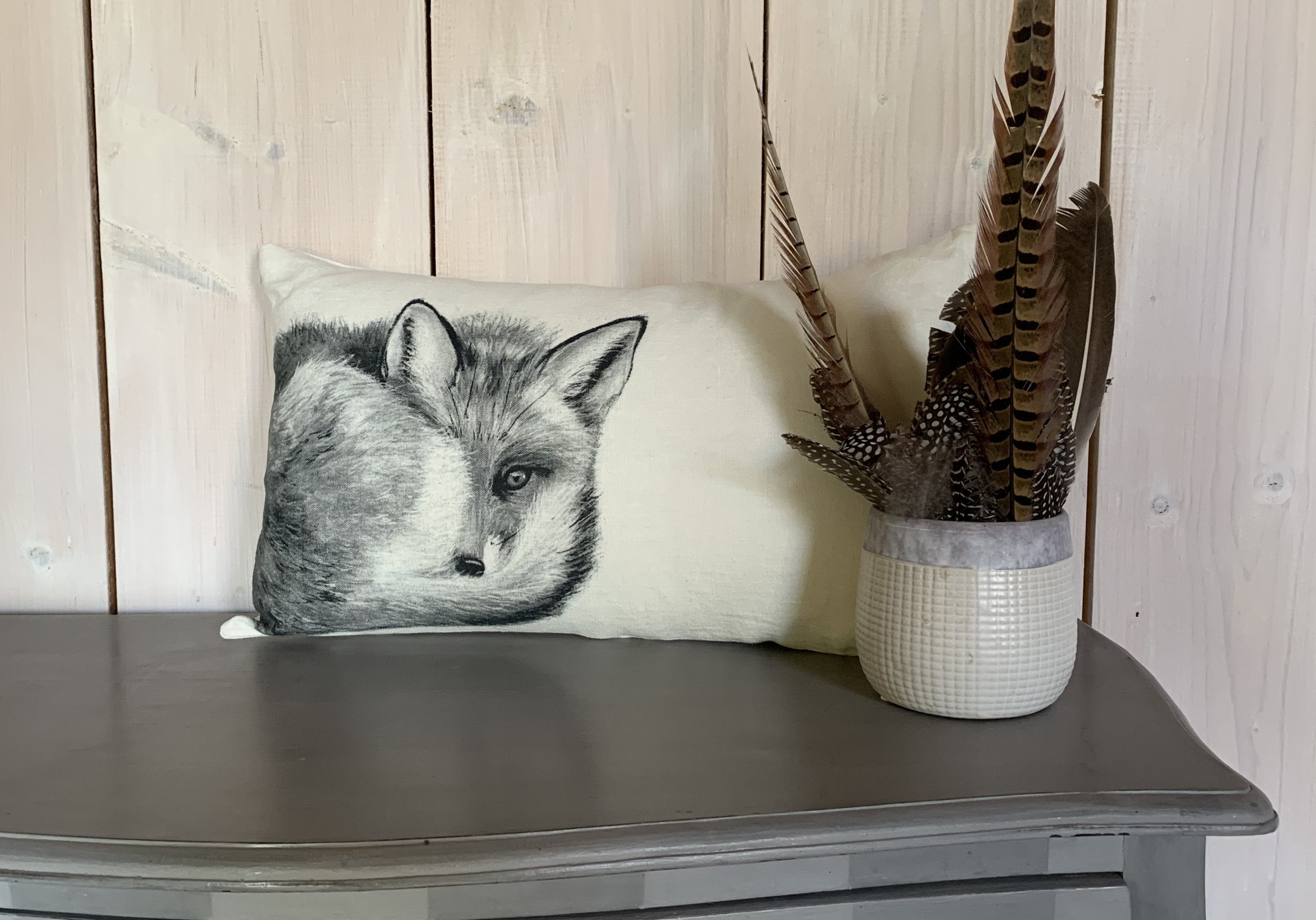

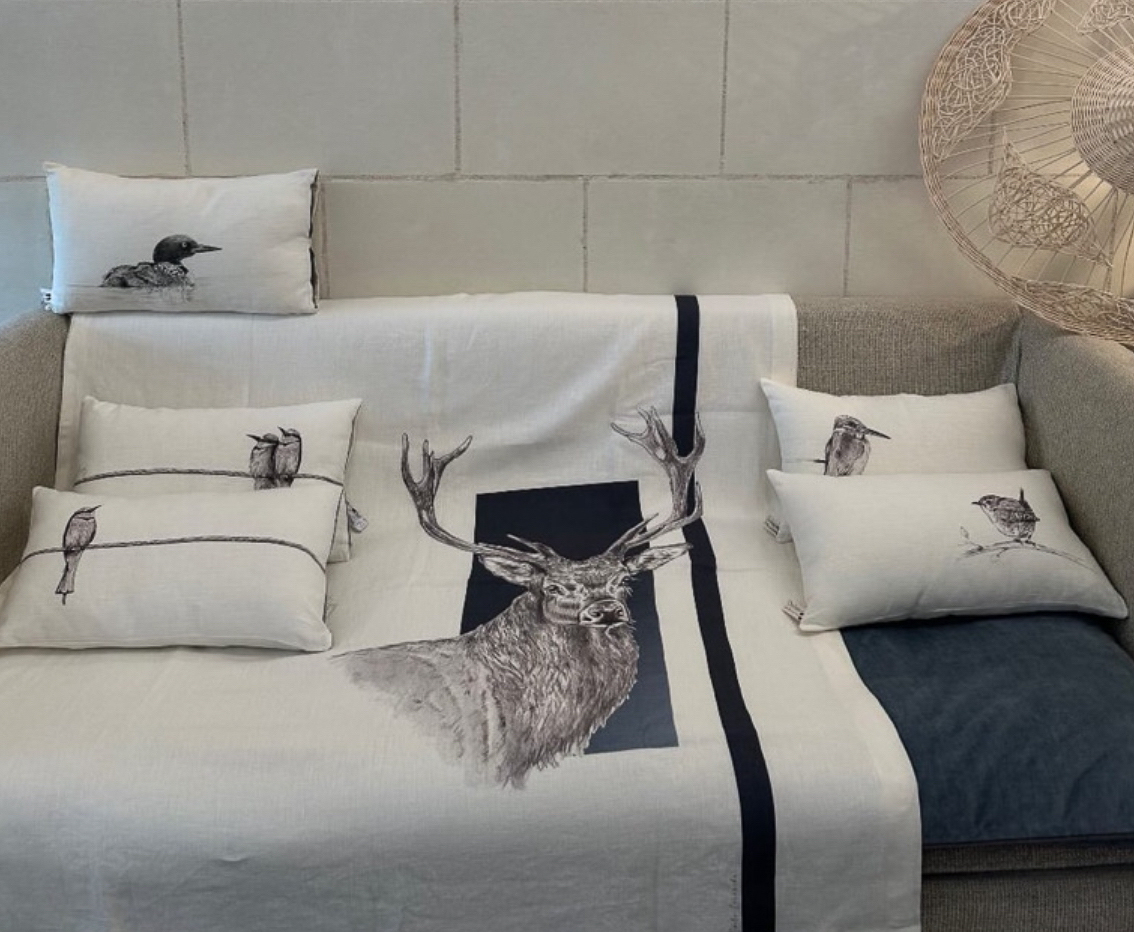
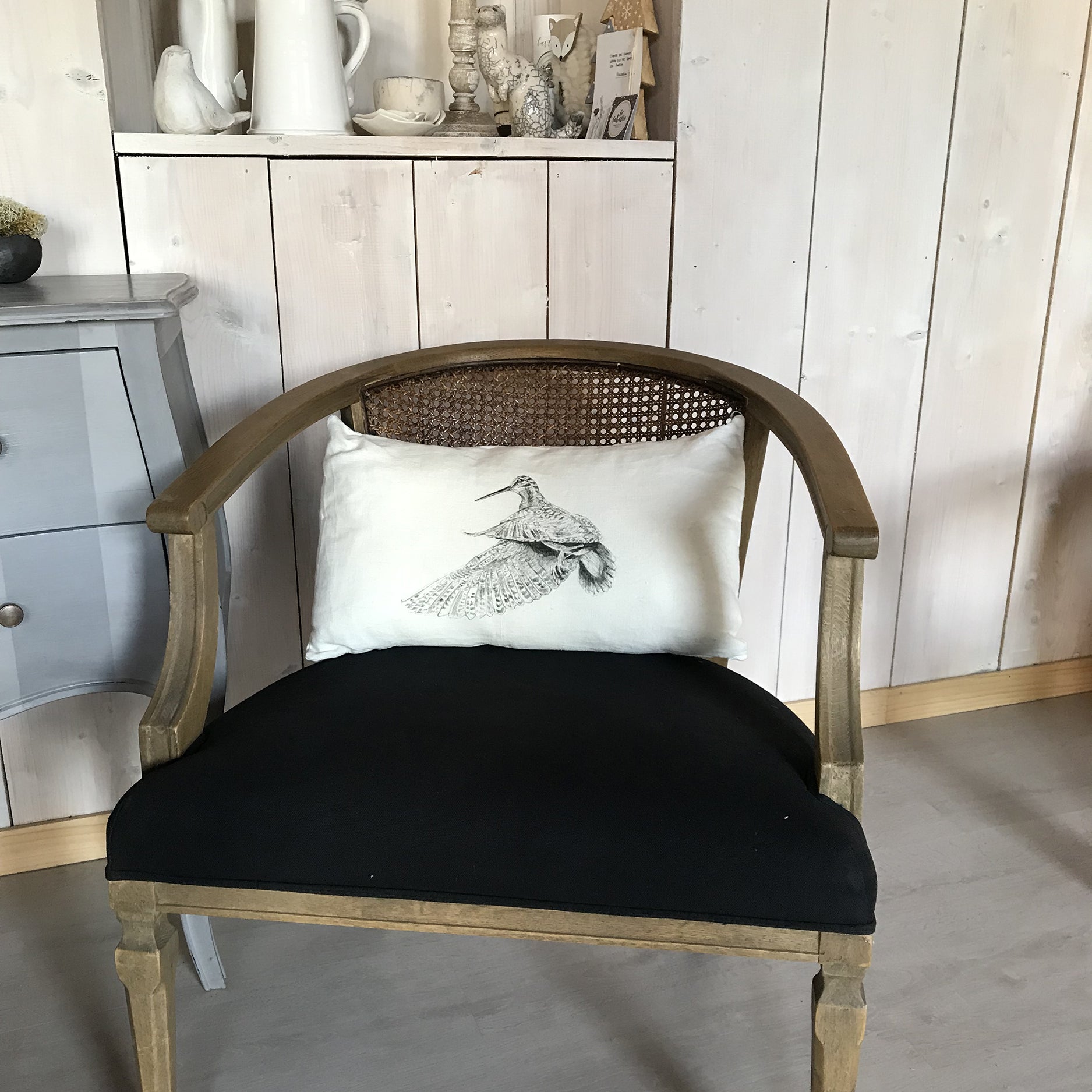
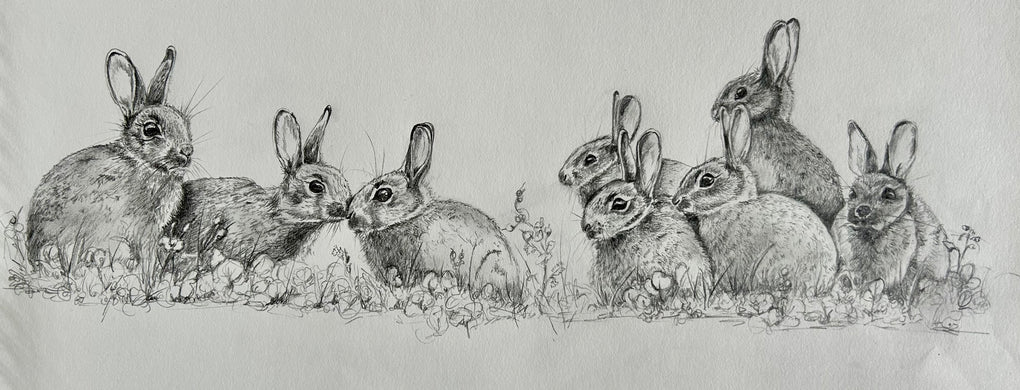





Leave a comment